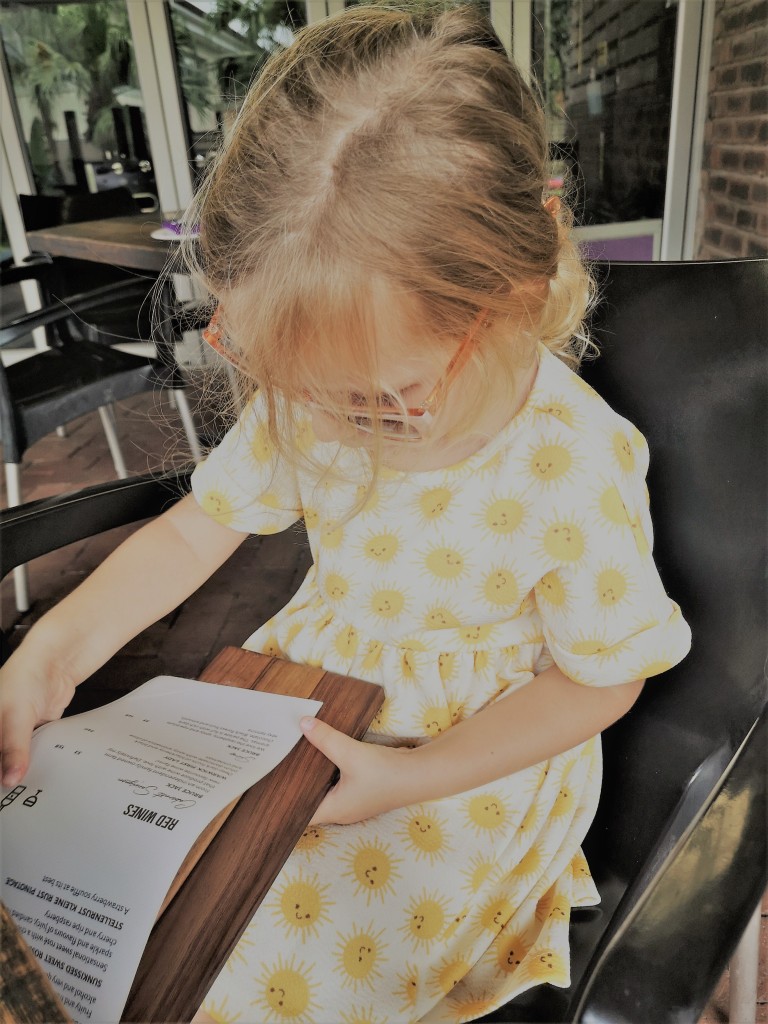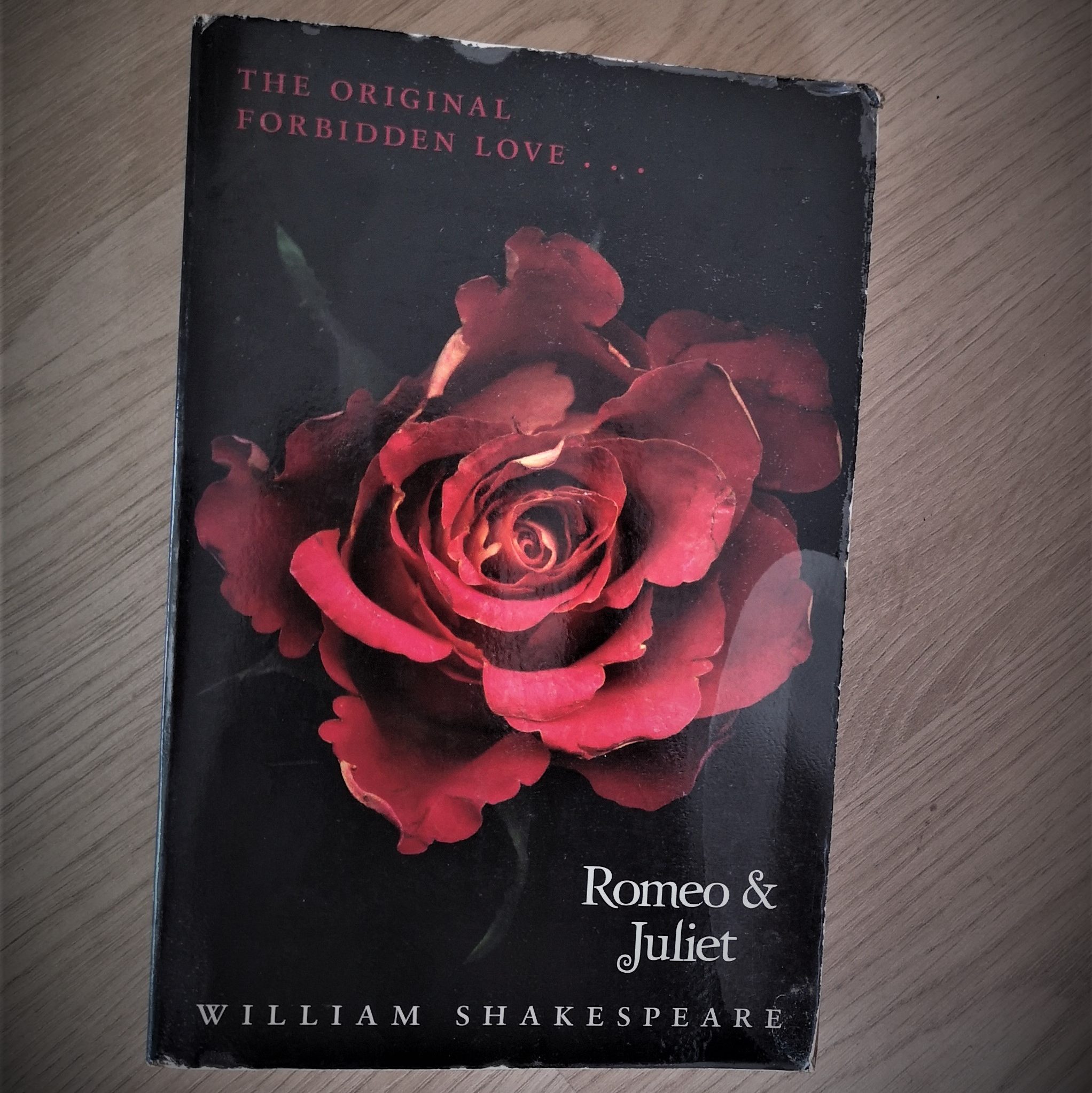If you were ever a teenager you’ll remember those days – stuck in a hot, stuffy classroom with a fly buzzing against the window, listening to the other students stumble and mumble their way through the read-Shakespeare-aloud-lesson (I don’t know why it has to be hot and there has to be a fly, it’s just a law of the universe). If you have a teenager today, you’ll know that this fine tradition continues unchanged throughout the years.
Or maybe you don’t – having been told “nothing” happened at school.

To cry, to weep, to never open in any lesson.
We all know the most common association and use of Shakespeare is as a cure for the most stubborn insomnia. And yes, any students reading this, we know that when rest your head in your hand with your eyes shielded, you’re not staring down at the book with intense concentration. We’re just waiting to see if you fall deeply enough asleep that your head slips off your hand. It’s the little things in life…
Something else that remains a comforting and extremely annoyingly constant in the face of unsettling and unprecedented times is the ritual question of, “Why do we have to read this?” (Oh bless your heart, we all know you’re not going to actually READ it) Or to put it into the words of one of my most, er, “street-smart” kids:
“Agh ma’am,” tilts his chair back, “agh ma’am”. (You know it’s serious when you get the double Agh ma’am.) “Why do I need to know to know this?”
“Well, that’s actually a good question. You see, it’s really import–“
“Ma’am. When I’m president I don’t need to know how to read Shakespeare.”
This was the only time a student has stumped me on the “But why do we need to learn this?” Well played kid, well played.

As an English teacher who has a borderline unhealthy love of Shakespeare it kills me to see what we as an education system have done to these plays. These plays were never meant to be read! And most certainly not by tired, board teenagers! Imagine trying to read someone the dialogue of “Die Hard” or “The Avengers: Infinity War”, with each fight scene simply written as “they fight”, and convince them that, no, these are really awesome and exciting masterpieces! (“Die Hard” is the best Christmas movie ever and I will die on this hill!) That’s what we’ve done to Shakespeare. We’ve taken something dynamic, entertaining, dramatic, and reduced it to a monotone reading, or more accurately, stumbling.
Education is ruining our learning when it comes to understanding Shakespeare; our education system tells us that we need to know Shakespeare because it is “classic literature” and “high-brow entertainment for the ages”. But have you read those plays? Like really read them? They are filthy; they are violent; and if performed incorrectly, the cannon fire will set the theatre roof on fire and burn it to the ground. (No. Seriously. 1613. Henry VIII. The cannon malfunctioned.) While Shakespeare did write for royalty, his plays were really the mass media entertainment of the day. And boy, did he include some rough humour for the peasants. To quote from Titus Andronicus (the one where the bad guys get baked into a pie):
Chiron: “Thou hast undone our mother.”
Aaron: “Villain, I have done thy mother.”
(Act 4, Scene ii)
Yes. That means exactly what you think it means; and you can’t get cross with me for writing something so vulgar in my blog because I’m quoting Shakespeare! Pro tip: if your teenager complains that they just can’t read Shakespeare because it’s so difficult and they just can’t understand it, tell them that it’s a good thing they don’t read (insert particular scene here) because it’s way too dirty and inappropriate for them. I guarantee you, within three minutes you’ll hear a gasp and embarrassed tittering. I’ve done this in my classroom every year for more than a decade. Works every time.

Then there’s the follow up. “Why do I have to read this? It’s so unrelatable!” Well, yes, on one hand you’ll probably never have to deal with seeing the ghost of your father who claims to have been murdered by your uncle slash stepdad and demands you kill him, all while having to deal with your girlfriend and your friends spying on you, getting captured by pirates and then jumping into the grave of your now ex-girlfriend to fight with her brother over her corpse. (See, if you read “Hamlet” properly there’s more to it than just Hamlet mebbeling to himself pitifully for five acts).
But I’m sure that many teenagers have had conflicts with parents, especially stepparents trying to take over a parental role. Nearly everyone has had to deal with friends who betray them (hopefully you don’t react by having them executed!) Who hasn’t been deeply disappointed by a lover who had the opportunity to do the difficult thing and stand up for you, but didn’t?
What about teenagers who have to try hide their new boyfriend or girlfriend because their parents won’t approve? Nowadays it is likely to be because of unsuitable age, hair, job, or attitude more than because they come from a family your family has been feuding with for the last century. Or if you haven’t had to hide your unsuitable lover, you’ve been the friend who’s had to watch in frustration as your buddy changes overnight because of “true love”.
Apart from being both relatable and frustrating, “Romeo and Juliet” has an important lesson for us all. Had Romeo sat down and cried over Juliet’s “body” for a few hours, neither of them would have died. So before you make any major decisions, sit down and have a good cry!

Who hasn’t had to deal with peer pressure? Hopefully not your wife trying to convince you to kill your friend and mentor the king, but still.
Or that one “caring friend” who shows you what someone else is “really like” by telling half truths and showing you out of context screenshots (looking at you Iago).
The settings and situations might be foreign, but the underlying human condition remains the same. We might never run off into an enchanted forest at night in pursuit of a glimpse of an unrequited lover or smother our spouse to death with a pillow (hopefully). But we’ve all either been in that position, or know someone who’s been in the position, of refusing to accept you’ve been dumped or being insecure and trusting the wrong person.
We want to teach students to be critical thinkers, to analyze situations and think outside the box. Shakespeare offers us the perfect solution to that! What better way to encourage independent thinking than discussing whether Macbeth or Lady Macbeth was more to blame? Was Hamlet justified in his anger towards Ophelia knowing what her home life was like? Shakespeare forces us to face some really uncomfortable situations; he makes us look at how we can have empathy for a murderer or feel pity for a woman who claimed she would (hypothetically) gruesomely murder her baby if she needed to.
And he never misses an opportunity to add a sword fight or a dick joke.
At the end of the day, that’s what literature is about. It’s about seeing the world through new eyes; finding ourselves mirrored in other characters, even if we don’t want to acknowledge it; watching the horrible consequences of actions inevitably unfold; seeing the happiness of true love; and acknowledging that “Yo mama” jokes will always be funny.
To quote John Keating from “The Dead Poets’ Society”:
“We read and write poetry because we are members of the human race. And the human race is filled with passion. And medicine, law, business, engineering, these are noble pursuits and necessary to sustain life. But poetry, beauty, romance, love, these are what we stay alive for.”
And that is the answer to why we have to read this.
To get more out of your education go to Teach Me 2.
Over 25,000 parents have trusted Teach Me 2 tutors for 14 years! Teach Me 2 provides a premier in-person and online tutoring service to learners and their families worldwide. Our goal is to help families prepare their kids for life by giving them confidence in areas they have struggled. Our service also provides first-time jobs and a valuable source of income to tutors. We are passionate about developing people.


One thought on “To Read or Not To Read”